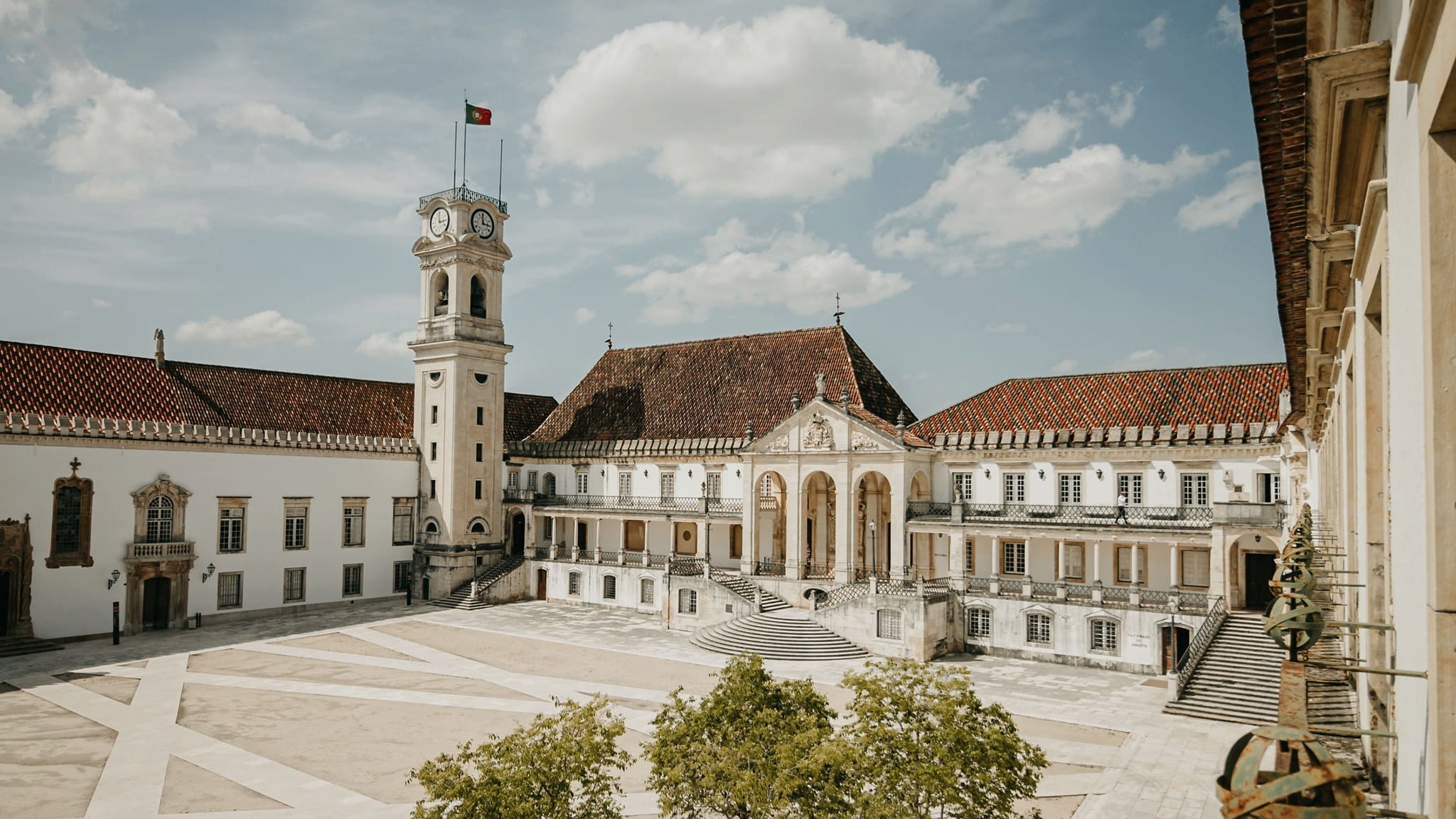Two research projects led by the University of Coimbra (UC) have been awarded funding from the European Union amounting to six million euros (ME), the institution announced today.
The work is supported by the Horizon Europe program, within the scope of Cluster 2 – Culture, Creativity and Inclusive Society, an area in which the UC stands out, being “the national institution with the most approved projects, leading two and participating in two other funded projects,” the rectory said in a statement.
Portugal’s oldest university will lead the project “Confidently Changing Colonial Heritage” (CONCILIARE), coordinated by the Faculty of Psychology and Educational Sciences (FPCEUC), funded with more than 2.7 million euros, and “Creating an Inclusive European Citizens’ Assembly” (EU-CIEMBLY), guided by the Legal Institute (IJ) of the Faculty of Law (FDUC), this one supported with around three million euros.
CONCILIARE will “study the representations and reactions of European citizens to changes in colonial cultural heritage in four different areas: school textbooks, public spaces – such as statues and street names – museums, traditions and cultural goods”, explained its coordinator, Joaquim Pires Valentim.
“In Europe, changes in colonial cultural heritage have been associated with tensions and conflicts in relations between groups and a perceived threat to representations of European identity. An in-depth knowledge of these processes is fundamental to finding solutions in these areas, based on empirical evidence,” added the FPCEUC professor, quoted in the note.
As for EU-CIEMBLY, it will be developed “with the aim of introducing new forms of citizen participation and deliberation in the political life of the European Union (EU)”.
“With this project, we intend to design a new tool for participation in the EU, not only from a theoretical point of view, but also by setting up pilot assemblies that will allow us to formulate relevant legal and political recommendations in the field of citizen participation,” explained the project coordinator, Dulce Lopes.
According to this IJ researcher and FDUC lecturer, the prototype assembly on which the project is focusing “will have characteristics that allow it to be transferred to the national and local levels” of EU member states.
“This is yet another excellent result for the University of Coimbra, reinforcing our community’s performance in attracting competitive funding by leading two ambitious projects and participating in two more,” said the rector, Amílcar Falcão.
One of the projects in which the UC is taking part – “Recovering Past Stories for the Future: A Synergistic Approach to Textual and Oral Heritage of Small Communities” (RESTORY) – is led by the University of Babeș-Bolyai in Cluj-Napoca (Romania) and coordinated in Coimbra by Maria Amélia Campos, a researcher at the Center for the History of Society and Culture.
“Emotional dynamics of protective policies in an age of insecurity” (PROTEMO) is the second project funded by Horizon Europe in which the UC is collaborating, this one led by the Universitat Des Saarlandes (Germany) and coordinated at the Coimbra entity by Professor Lisete Mónico, from FPCEUC.









